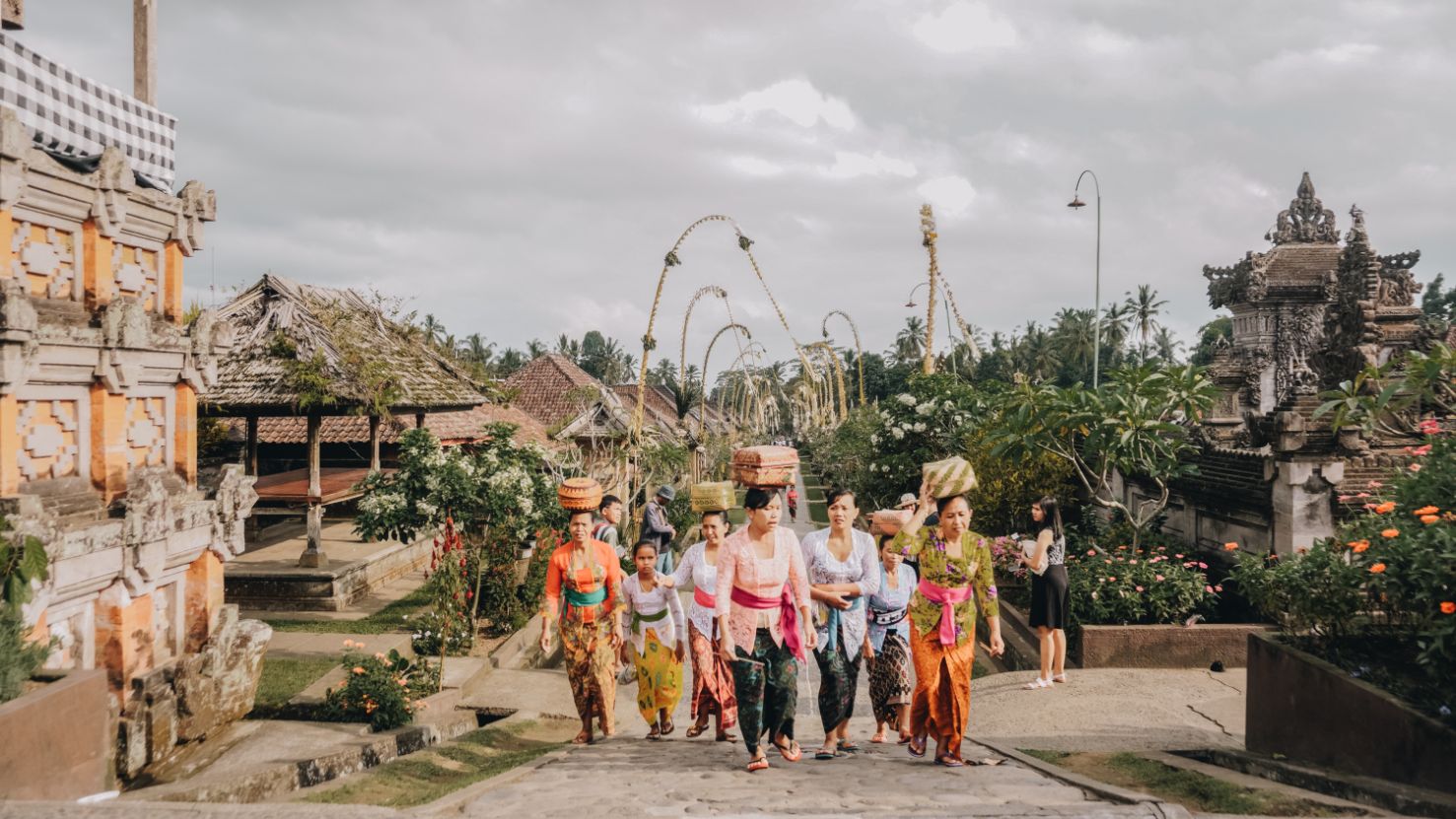It was only about time until Indonesians have their say about Bali being included in the 2020 ‘No’ List by US-based travel publication Fodor’s, and some local responses are now surfacing after the Island of the Gods was placed as one of 13 tourist hotspots across the globe that travelers might want to reconsider before actually visiting next year.
Let’s start with today’s comment from Bali Vice Governor Tjokorda Oka Artha Ardana Sukawati, or Cok Ace, who highlighted that the Bali provincial government and residents have continued to work hard to improve the quality of tourism on the island.
“I’m thinking positively, maybe it could be good for us to improve,” Cok Ace said, as quoted by Tribun-Bali.
“[However], I think what the American publication said is an exaggeration.”
The problem of over-tourism in Bali was highlighted by Fodor’s, as it revealed the island’s environmental issues, including plastic waste and water scarcity, and pointed to problematic tourists showing disrespect when visiting religious and sacred sites in Pulau Dewata in recent years.
“Being featured on the No List is hardly a scarlet letter. Rather, it’s a promise that when Fodor’s covers the destinations on the list, we’ll be doing so responsibly – warts and all,” Jeremy Tarr, Editorial Director of Fodors.com, had written.
The Indonesian Hotel & Restaurant Association (PHRI) appears to disagree with the over-tourism claim in Bali, as its chairman pointed to how hotel occupancy in Bali is only around 65 percent on average.
“That is why, Bali should still welcome more tourists, and to do so we are doing a lot of promotions to reach 89 percent occupancy rate,” PHRI chairman Ray Suryawijaya said, as quoted by Kumparan.
However, Agung Suryawan Wiranatha, director of the Center of Excellence in Tourism at Udayana University, said just last month that the oversupply of hotel rooms is one of the problems plaguing Bali for more than a decade.
For its part, Fodor’s seem to have also considered the impacts of accommodation development in Bali, as it explained that water scarcity has been “brought on [by] the development of luxury villas and golf courses,” and therefore impacting the profits of local farmers on the island.

PHRI’s Ray did acknowledge that Bali is still facing problems with infrastructures concerning traffic congestion and waste, and added that the provincial government has been actively working on those issues.
In spite of ongoing efforts, the problems do seem to persist and we think that the mention of Bali in a ‘No’ list may just serve as a much-needed wake up-call.
For the time being, several users on Twitter seem to agree that Bali does need to make some changes.
Gak boss, gak ada yg perlu disalahin lagi, saya sebagai org bali merasa emg harus introspeksi lagi… Kita terlalu jual murah. emg sebaiknya wktunya “istirahat” namun pelan pelan, karena masih banyak yg cari makan dari sana.
— Calon Hot Daddy (@yogasattwika) November 19, 2019
…As a Balinese I think [we] need to introspect. We’ve been selling at way too cheap a price. It’s good to give it a “rest,” but maybe slowly, because many people still rely on [tourism].
Ini bagus sebagai teguran ke dinas pariwisata dan tata kota Bali. Terutama masalah sampah. Bali tidak kuat menampung begitu banyak turis
— arya wibawa (@wigunabrahma) November 19, 2019
This is a good admonition for agencies in charge of tourism and urban planning in Bali. Especially when it comes to waste issues. Bali cannot accommodate too many tourists.





Reader Interactions